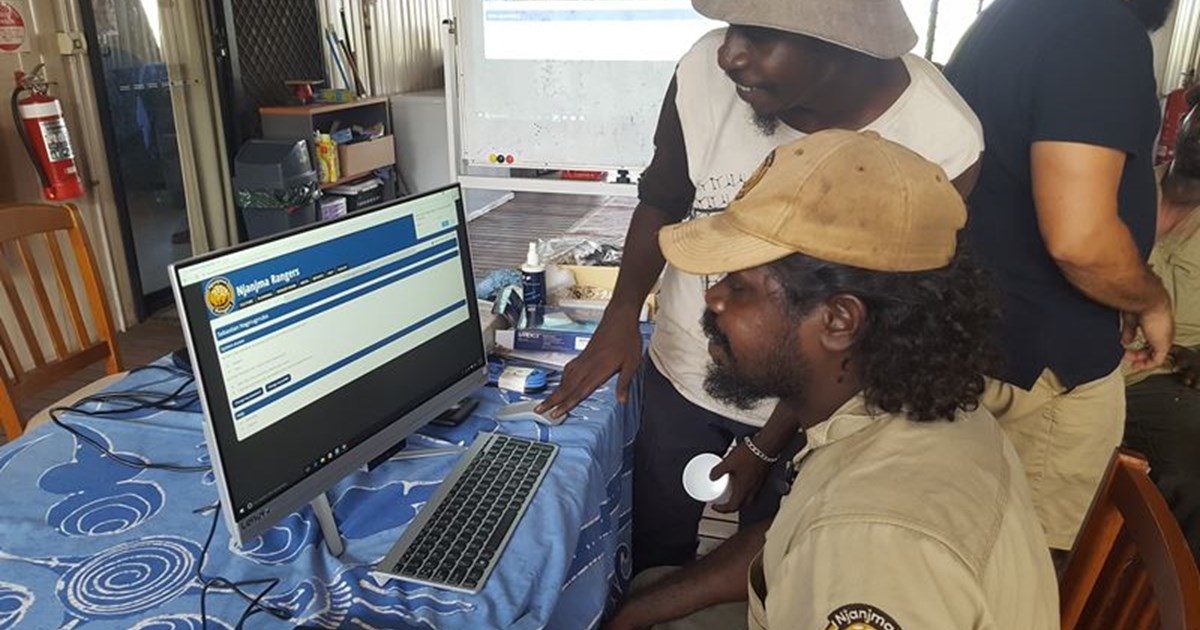Integrating Indigenous Knowledge and Seasonal Calendars into Work Plans

Integrating Indigenous ecological knowledge (IEK) into action is a priority for many Indigenous (and non-indigenous) natural and cultural heritage management groups. ESS has developed systems that are able to connect local IEK to its management implications and integrate it into work plans and on-ground operations.
This can be done a number of ways, but usually involves working with groups to identify their land and cultural management priorities, collect knowledge relevant to management, and developing work plans or projects that are structured around these priorities and knowledge. In many cases, these priorities and knowledge are well-understood or have already been documented in the form of a Healthy Country Plan (HCP). In such cases, ESS assists groups to implement management strategies and develop work plans that directly link to the priorities and knowledge established in the (HCP).
Operationalising Indigenous Seasonal Calendars
One approach for integrating IEK into land management is through operationalising Indigenous Seasonal Calendars. Seasonal calendars hold layers of highly detailed IEK about the dynamic interactions between seasons, places, plants, animals, people, and land management practice. All this information is situated within local language and culture, which make them a powerful tool for education, cultural reproduction and language protection.
The richness of TEK embedded in seasonal calendars make them potentially powerful tools for managing country (including ecological monitoring). ESS works with clients to identify the land management implications embedded in seasonal calendars and organise this knowledge in a way that can direct work plans. By doing so, seasonal calendars guide when and how country should be cared for.
Key features:
- Local Indigenous priorities and knowledge is organised in a way that can guide on-ground operations.
- Indigenous knowledge and priorities are foregrounded in management.
- Information management systems can be used to demonstrate how this work aligns with contractual obligations (e.g. for Indigenous Ranger Programs/IPA work plans, or fee-for-service contracts).
Projects involving integrating IEK into work plans:
Torres Strait Regional Authority